West Midlands PCC election won by David Jamieson amid 10.4% turnout
- Published
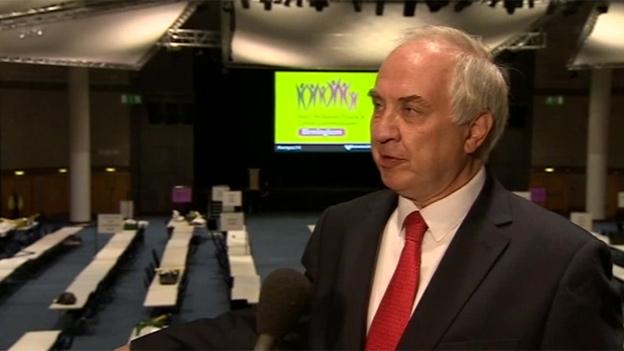
Labour's David Jamieson said he was "delighted" to be elected to "this very important post"
Labour's David Jamieson has been elected as the new West Midlands police and crime commissioner (PCC), as it emerged the turnout was just 10.4%.
He was declared the winner on first preference votes with 50.83%.
The turnout was lower than the 12% in the area in the original PCC contest in 2012, won by Bob Jones, who died in July.
The cost to the taxpayer of staging the new poll was estimated as at least £3.7m - nearly £20 for every vote cast.
Jack Dromey, shadow minister for police, said it had been a by-election "characterised by costly chaos and a record low turnout".
The Electoral Reform Society (ERS) said the law needed looking at, calling it "a very depressing turnout".
Alexandra Runswick, director of the Unlock Democracy campaign, said the level of turnout "stretches the legitimacy of the office to its limit".
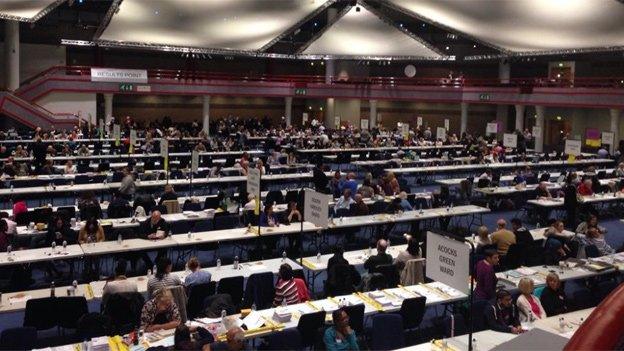
Votes were counted at the ICC in Birmingham
In Thursday's election the lowest local turnout figure was 9.78% in Sandwell while the highest was 11.58% in Solihull.
Mr Jamieson, a former Labour transport minister, received 102,561 votes, while Conservative Les Jones had 54,091 - 26.81%.
Keith Rowe from UKIP polled 32,187 and Liberal Democrat Ayoub Khan received 12,950 votes.
Asked about the legitimacy of his role following the turnout, Mr Jamieson, 67, said: "People in an election in a democracy can choose to vote or not to vote."
He branded legislation, which meant a by-election being held in the middle of the summer holidays, as "messed up" and claimed the government "has not done enough to promote the role".
The Labour leader of Sandwell Borough Council, Darren Cooper, said the election had "wasted the public's time".
He told the BBC: "People have not voted, they do not get it.
"If I had a pound for everyone yesterday who said to me why should we vote for a police and crime commissioner, I wouldn't be doing this interview."
When the original PCC elections took place in 2012, the overall turnout across England and Wales - except London, where the mayor does the job instead of a PCC - was just 15%, the lowest in an election since World War Two.
This week's West Midlands figure is below the lowest turnout figure during the 2012 PCC elections, 11.6% in Staffordshire.
The turnout in the West Midlands this year was 10.41% of the eligible electorate, less than the 11.96% of people who turned out two years ago.
Mr Dromey described the legislation, which meant a by-election had been triggered to fall just before a Bank Holiday weekend, as "a shambles".
He said Labour was now consulting on the future of commissioners, having opposed their original introduction by the government, and he would await the outcome of that process, due in the autumn, rather than "make a snap decision" as to whether they should be scrapped outright.
Policing minister Mike Penning said he was "of course disappointed" with the turnout, but added: "We must bear in mind that this was a by-election taking place in August following the sad death of Bob Jones.
"Around 200,000 people voted yesterday, whereas nobody voted for their old police authority."
He said police and crime commissioners were making "a real difference".
Mr Penning said: "That is shown by the way the public are engaging with them in person, through correspondence and online, as well as at the ballot box."

Powers and responsibilities of the PCC include:
Appointing chief constables of forces and dismissing them when necessary
Holding the chief constable to account for the performance of a force's officers and staff
Providing a link between the police and communities, which includes consulting local people, the council and other organisations
Overseeing community safety and the reduction of crime, and ensuring value for money in policing
Setting out a force's strategy and policing priorities through the Police and Crime Plan
Setting out the force budget and community safety grants - taken together, the commissioners are responsible for £8bn of spending on police in England and Wales
Reporting annually on progress

Mr Jamieson vowed to see through the recruitment of 450 new police officers and keep community police support officers.
He also said he would take a fresh look at reactivating some of the region's speed cameras, which have for months been switched off for lack of money, "to see if we can afford it".
The role of commissioners, who oversee policing and force budgets, was created to increase the police's accountability to the public and boost transparency.
- Published22 August 2014
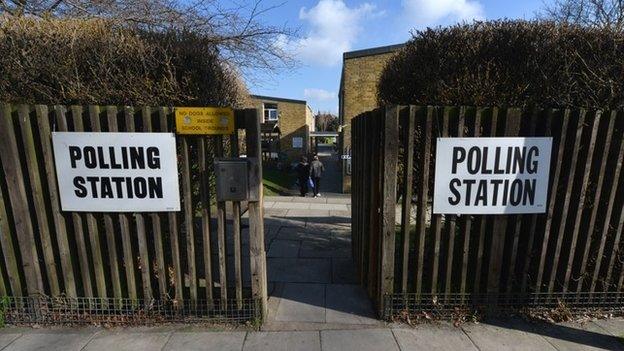
- Published21 August 2014

- Published21 April 2016
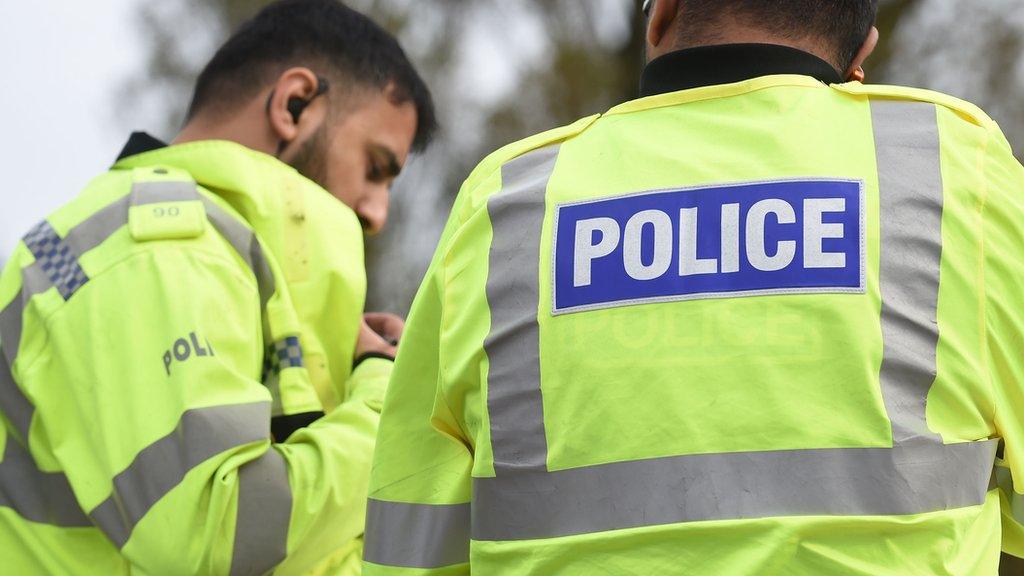
- Published31 July 2014
- Published22 July 2014
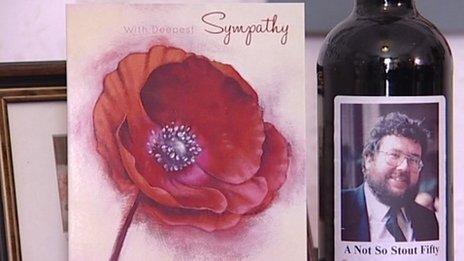
- Published1 July 2014
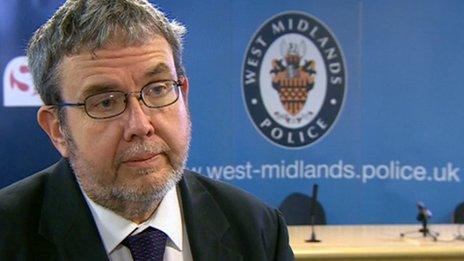
- Published16 November 2012
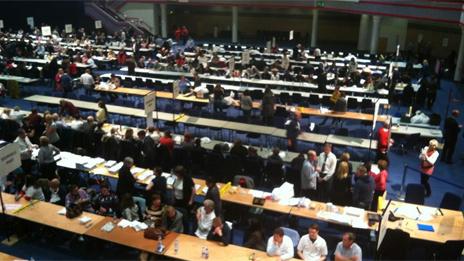
- Published17 November 2012